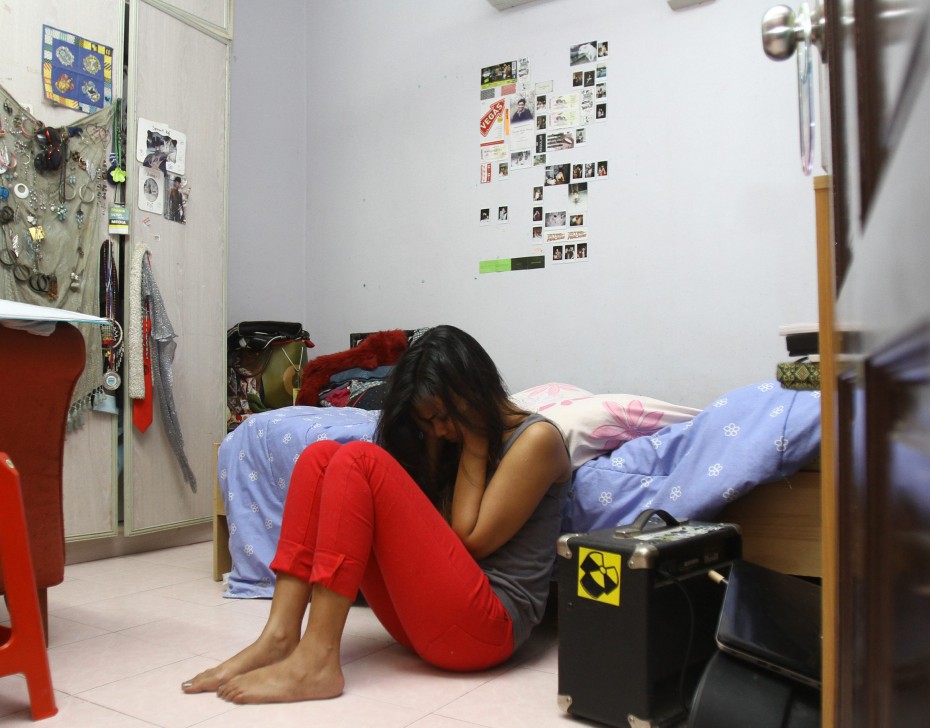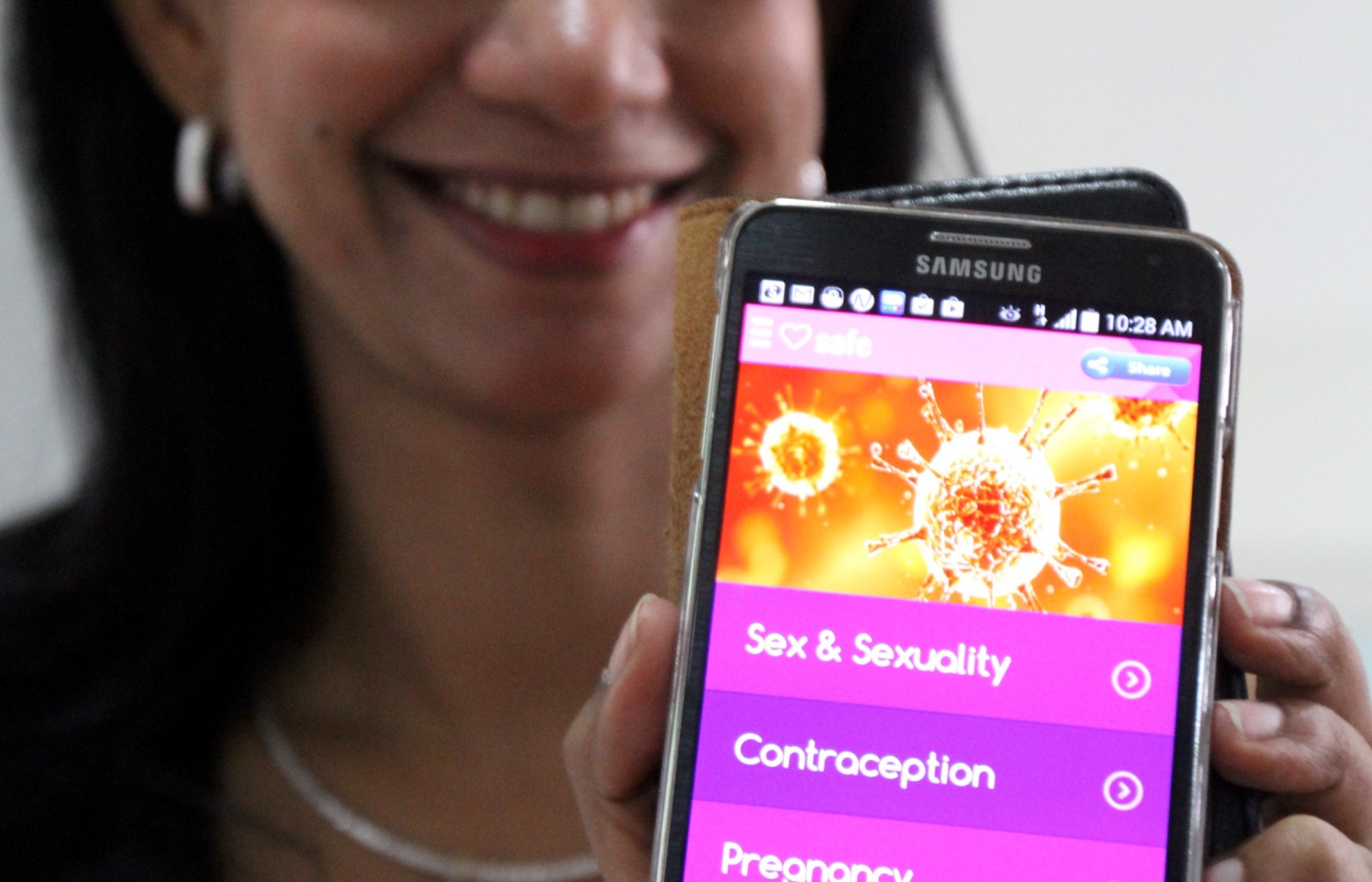
Sex-Ed for all:Sexual coercion can happen to anyone, which is why the SAFE (Sexuality Awareness For Everyone) app has a section on communication and negotiating safe sex.
DO you remember where and how you learnt about sex? And no, picking up “tips” from classmates does not count.
Comprehensive sexuality education is absent from our school curriculum despite there being a curriculum on the Ministry of Women, Family and Community Development’s website, said Sivananthi Thanenthiran, the executive director of the Asia-Pacific Resource and Research Centre for Women (ARROW).
A search for this curriculum only revealed that it is either hidden in the deepest, darkest recesses of the website, or is missing altogether.
As a stop-gap measure while NGOs lobby for government-provided sex education, ARROW developed the Sexuality Awareness For Everyone (SAFE) smartphone app. Covering aspects on sex and sexuality, contraception, pregnancy, sexual health, and issues of consent and coercion, the app also comes equipped with links to useful online resources, as well as a pharmacy/clinic locator.
What sexuality education is all about
“The misconception now is that sex education is about sex, how to do it and how to protect yourself,” said Nadia Rajaram, ARROW’s programme officer. “But it’s also about relationships. How do you communicate within a relationship and negotiate for safe sex?”
With Unicef reporting that Malaysia is home to one of the fastest growing AIDS epidemics in the East Asia and Pacific region, and the Reproductive Rights Advocacy Alliance Malaysia (RRAAM) reporting that one baby is abandoned every 10 days in Kuala Lumpur, there is definitely reason to be concerned about the safety aspect of sex.
SAFE’s contraceptive section is highly comprehensive, educating people about the different types of contraceptives for both men and women, as well as how to use them.
Does sexuality education make people promiscuous?
According to a study conducted in the pharmacy faculty of Universiti Teknologi MARA (UiTM), “Sex education does not encourage sexual activity and in fact, encourages abstinence and provides adolescents with the knowledge and skills related to responsible sexual behaviour.”
So, no, being well-informed is unlikely to make the youth of Malaysia sexually promiscuous.
What is more likely to happen is a general decrease in the transmission of sexually-transmitted infections (STIs) and unplanned pregnancies.
Why education is important
In the absence of comprehensive sexuality education, young people are turning to the Internet, where pornography – always just a couple of clicks away – ends up being what shapes their perception of normal sexual behaviour.
The gap left in the education of young people also tends to be filled with nonsensical myths.
“An Indonesian study showed that young boys were telling girls that if they only have sex once, they would only make the (baby’s) ears!” said Sivananthi.
“People ask what types of values we are pushing, but what we’re really pushing is information. People have the right to make informed choices, and they need to have that option,” she added.
The Health Ministry’s statistics show that in 2010, more housewives tested positive for HIV than sex workers, and that one in four new reported cases of HIV in 2010 were between the age of 13 and 29 years old.
These sobering numbers are followed with Unicef’s assertion that “Gender inequity, silence, denial and ignorance fuel the epidemic in Malaysia.”
Isn’t it time we educate ourselves?
SAFE is available on Google Play and an Apple iOS version will be launched soon.



Tell us what you think!